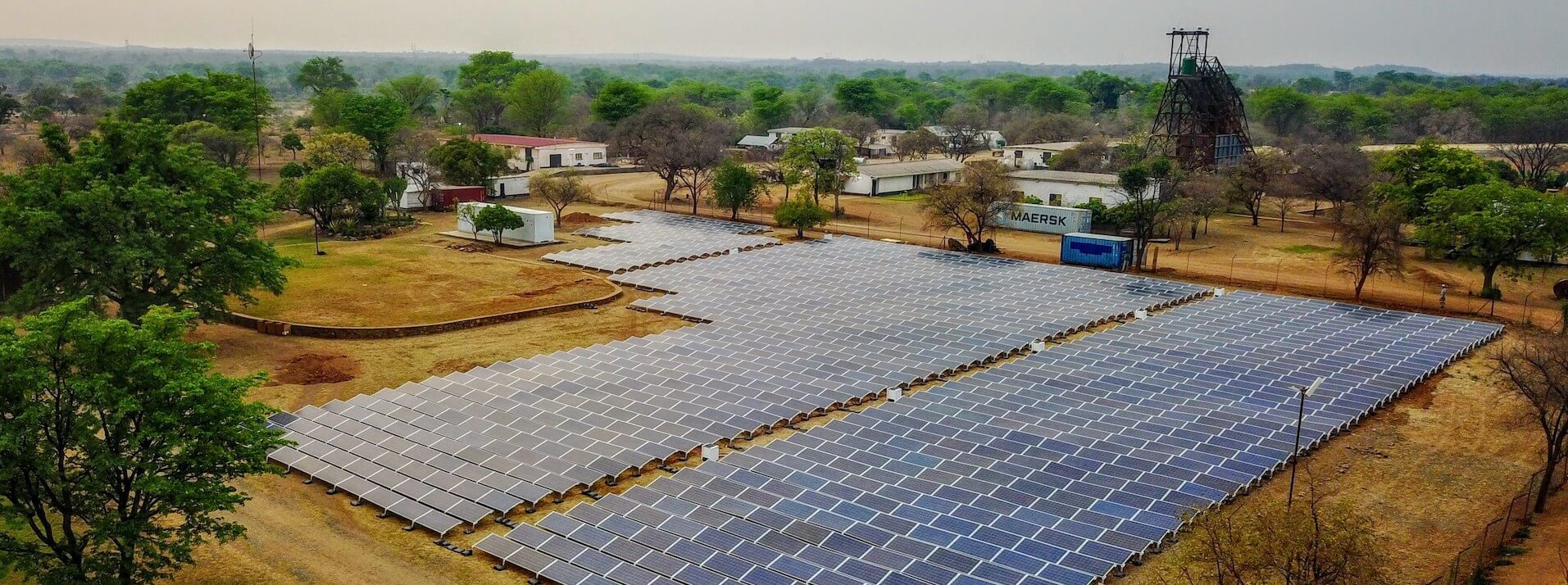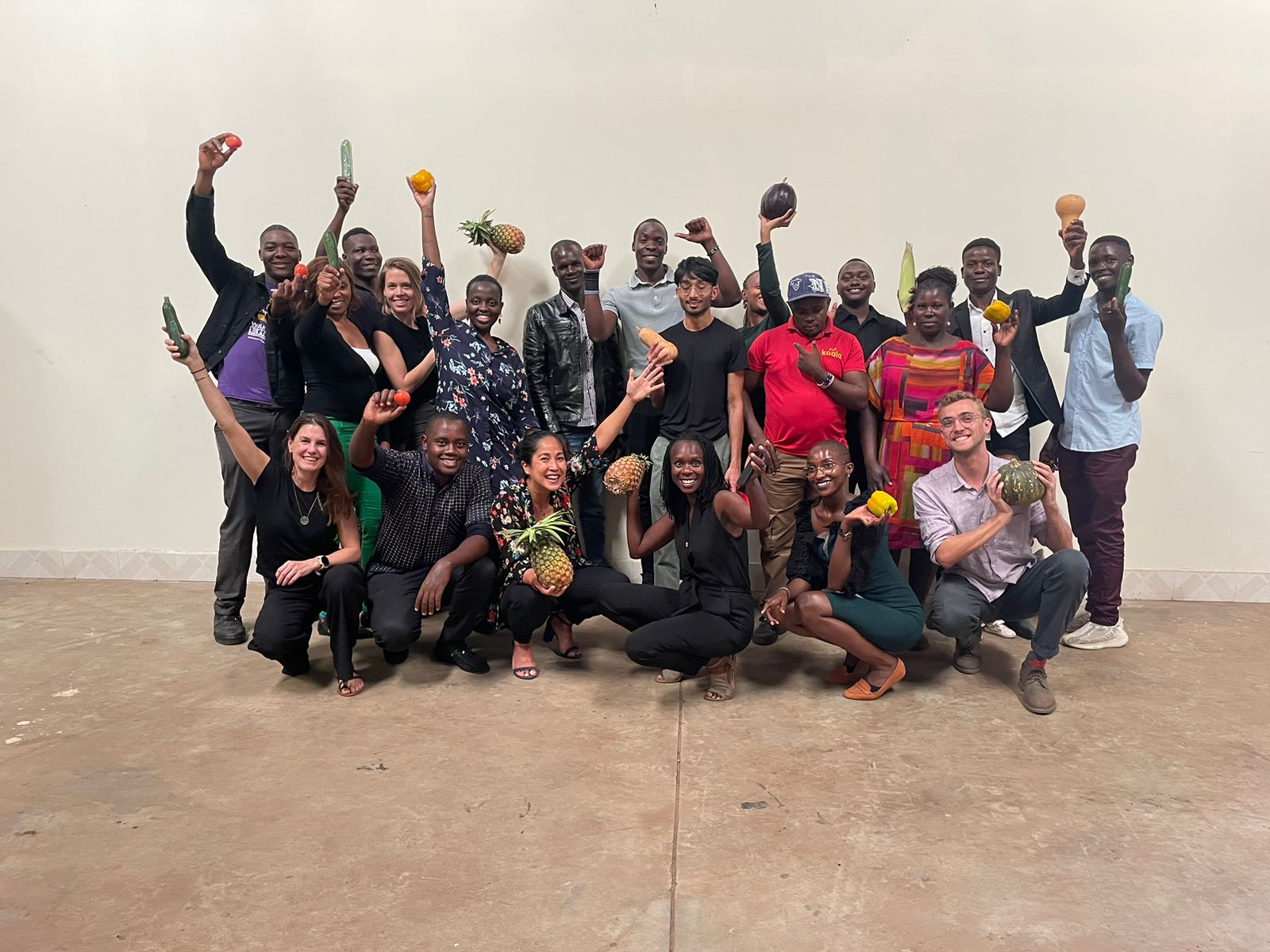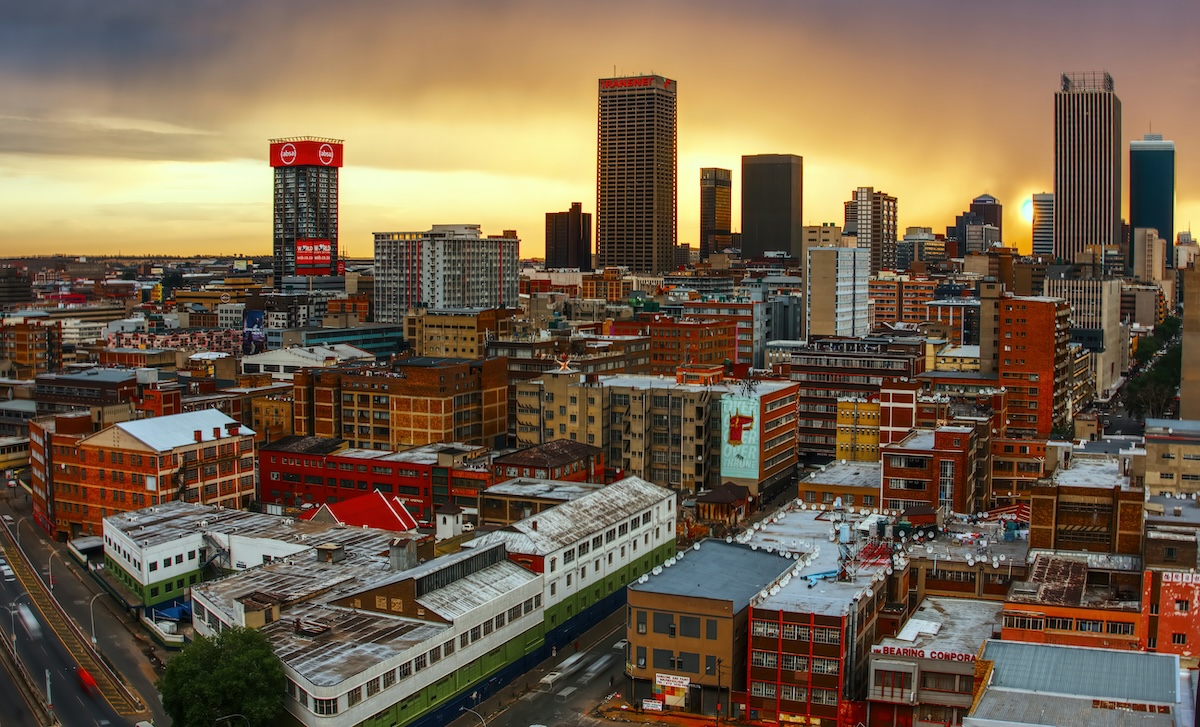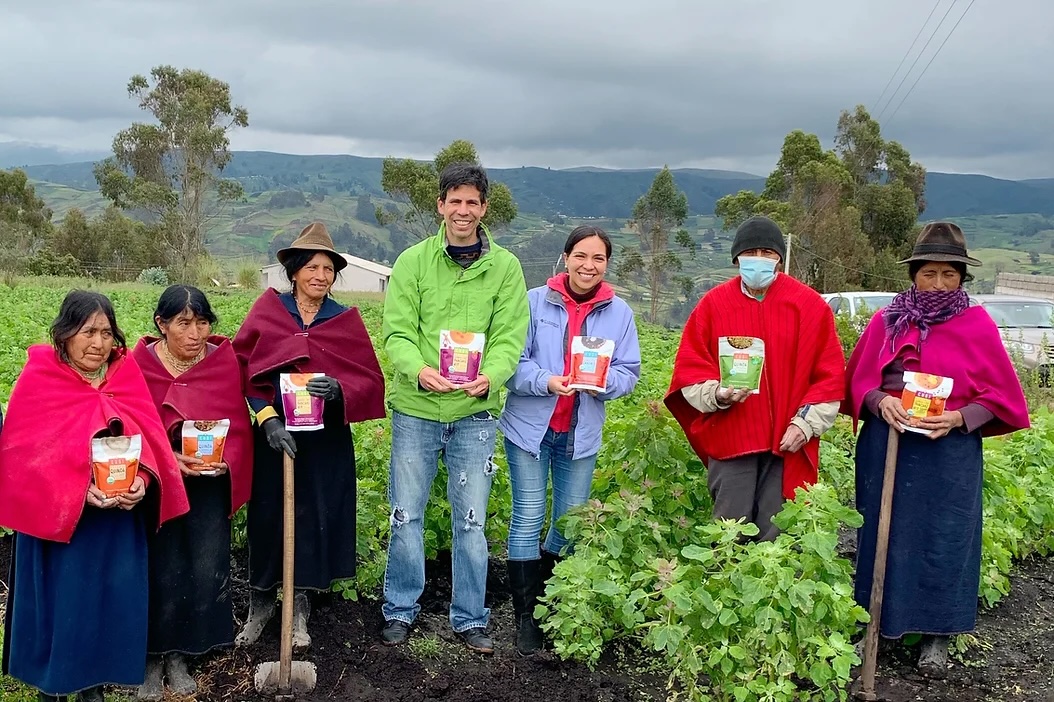ImpactAlpha, October 20 – “Mobilize” may be the word of the year for emerging markets investments. Africa alone needs an additional $100 billion annually for infrastructure development to meet climate and sustainable development goals. Some markets grapple with a too-slow flow of capital; others have none at all.
“It’s hard to imagine, but there are places where capital markets really don’t exist,” says Mariana Graca of the Emerging Africa Infrastructure Fund, which provides debt for infrastructure projects in Africa’s least developed countries and conflict zones.
In the Central African country of Chad, just one private-sector led, utility-scale renewable energy project is in the works – the 60-megawatt Djermaya Solar Project, which will deliver power to more than 430,000 people.
“To do a deal in Chad is a milestone. It’s very difficult to actually bring it to financial completion,” says Graca, who’s firm funded the project in 2021.
Just one startup in Chad has raised funding. Ziz Energy this week closed a €1.5 million loan from the French development agency Proparco to support development of renewable mini-grids for 500,000 people, after raising several small equity rounds.
Dealflow deserts
More than a dozen African countries have no startups with notable funding rounds, including Burundi, Eritrea, the Central African Republic, Liberia, South Sudan and Somalia. Chad, along with Mozambique, Guinea, Lesotho, Sierra Leone and Burkina Faso, have had one or two in recent years.
In Africa’s more favored markets like Kenya and Nigeria, investment managers are coming up with creative workarounds to unplug the flow of capital, including derisking mechanisms and blended finance. They’re also turning their attention to local investors, who share both risk perceptions and impact objectives. Impact Investing Ghana, Ghana’s national advisory board for impact investing, is raising a fund from local pension funds to back local fund managers.
“For both private and local capital, it’s a difficult market, and what’s first needed is to build confidence,” she says. That starts with a handful of pilot deals that can serve as case studies. “Then there can be a replication effect.”











